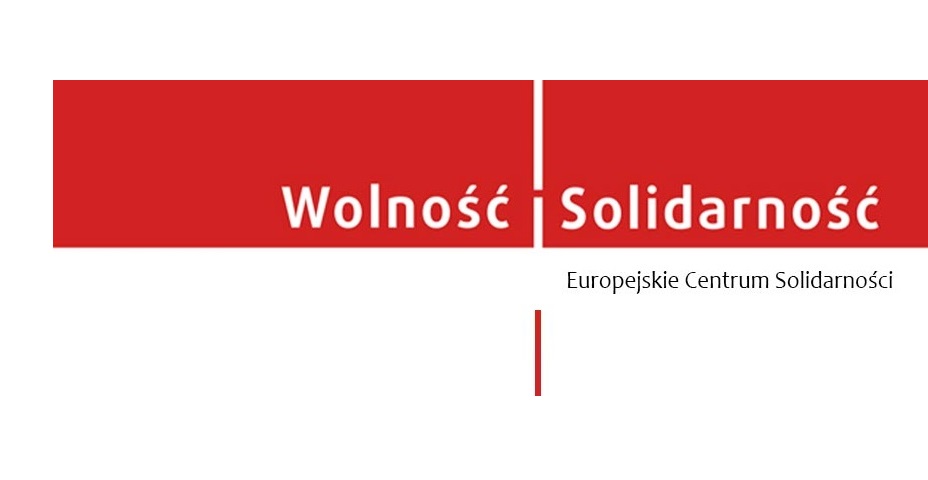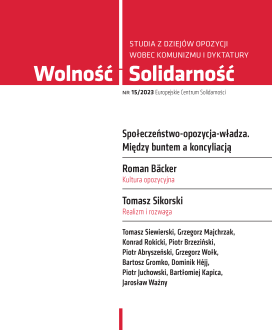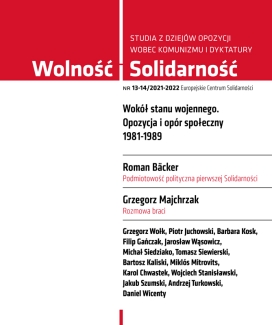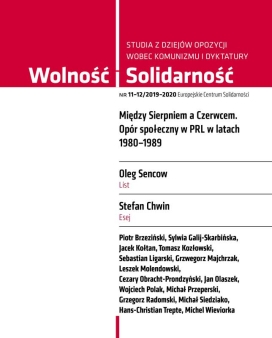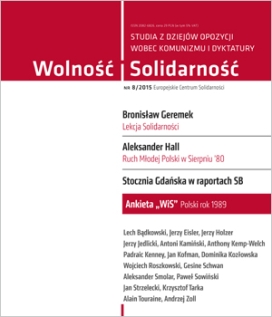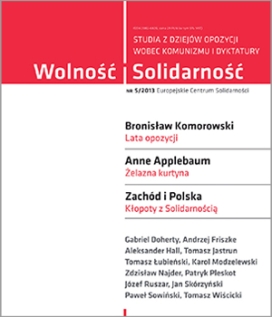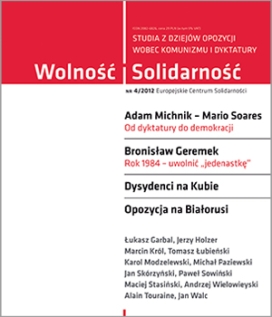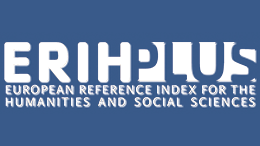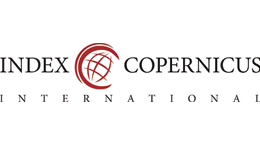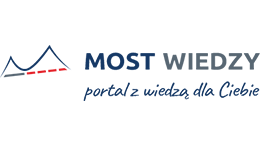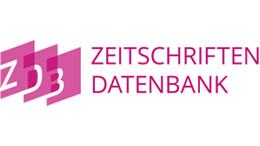The paper considers political aspects of the internment of Lech Wałęsa during the martial law in Poland. It focuses on the negotiations between the authorities and the leader of Solidarity. Wałęsa was urged (and later blackmailed) to support the operation of rebuilding Solidarity into so-called neo-Solidarity. According to the plan of the Ministry of Interior, key positions in neo-Solidarity should by offered to the collaborators of the Security Service and activists ready for far-reaching compromise. The paper focuses on the course and dynamics of negotiations with Wałęsa by numerous authorities emissaries: Stanisław Ciosek, Paweł Chocholak and colonel Władysław Iwaniec. This article describes the negotiation strategy of both sides and shows why the attitude of Walesa was an important factor in the failure of the political plans of the Communist Party leadership.Ch. Andrew, W. Mitrochin, Archiwum Mitrochina. KGB w Europie i na Zachodzie, Warszawa 2001
W. Bereś, J. Skoczylas, Generał Kiszczak mówi... prawie wszystko, Warszawa 1991
S. Cenckiewicz, P. Gontarczyk, SB a Lech Wałęsa. Przyczynek do biografii, Warszawa 2008
„Chcemy Panu pomóc”. Zapis rozmowy przewodniczącego Lecha Wałęsy z płk. B. Klisiem i płk. H. Starszakiem z 14 listopada
1982 r., oprac. S. Cenckiewicz, G. Majchrzak, „Arcana” 2006, nr 70/71
Internowani w stanie wojennym. Dane statystyczne, oprac. T. Kozłowski, J. Olaszek, „Pamięć i Sprawiedliwość” 2010, nr
2 (16)
J. Jankowska, Portrety niedokończone. Rozmowy z twórcami „Solidarności” 1980–1981, Warszawa 2003
Komunikaty Konferencji Episkopatu Polski 1945–2000, oprac. J. Żaryn, Poznań 2006
